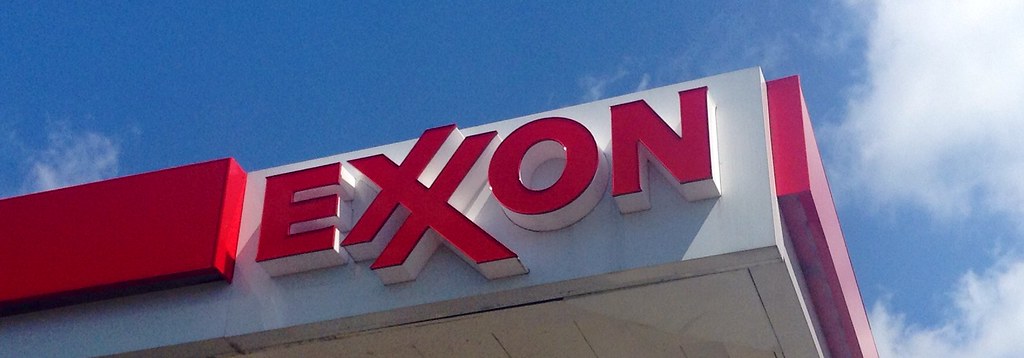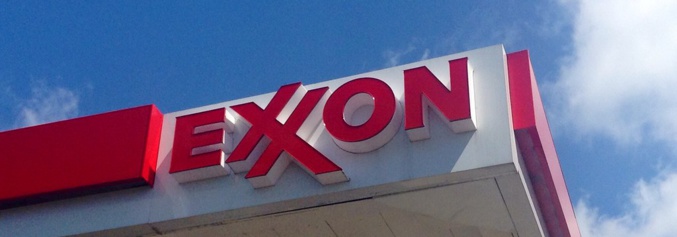ExxonMobil and the US Treasury will meet in a Texas court over Russian oil company Rosneft, or rather, over a fine that the agency imposed on the American oil company, accusing it of violating Washington’s anti-Russian sanctions.
However, the oil concern believes that they did not violate anything: at the time of the conclusion of the agreements that displeased the American bureaucrats, no measures on the part of the United States against the company from Russia were introduced. Washington’s restrictions at that time extended only to Head of the Russian oil giant Igor Sechin.
In July 2017, it became known that, due to a joint venture with a Russian oil company, the US Treasury Department fined ExxonMobil $ 2 million. In March last year, it announced its withdrawal from the exploration project. At the same time, the American oil producer estimated the total losses from such a decision at $ 200 million.
Now the oil concern is reviewing its projects in the North Sea. The company decided to concentrate on American shale oil, and is now considering selling assets off the coast of the UK, which could bring about $ 2 billion.
source: reuters.com
However, the oil concern believes that they did not violate anything: at the time of the conclusion of the agreements that displeased the American bureaucrats, no measures on the part of the United States against the company from Russia were introduced. Washington’s restrictions at that time extended only to Head of the Russian oil giant Igor Sechin.
In July 2017, it became known that, due to a joint venture with a Russian oil company, the US Treasury Department fined ExxonMobil $ 2 million. In March last year, it announced its withdrawal from the exploration project. At the same time, the American oil producer estimated the total losses from such a decision at $ 200 million.
Now the oil concern is reviewing its projects in the North Sea. The company decided to concentrate on American shale oil, and is now considering selling assets off the coast of the UK, which could bring about $ 2 billion.
source: reuters.com



















